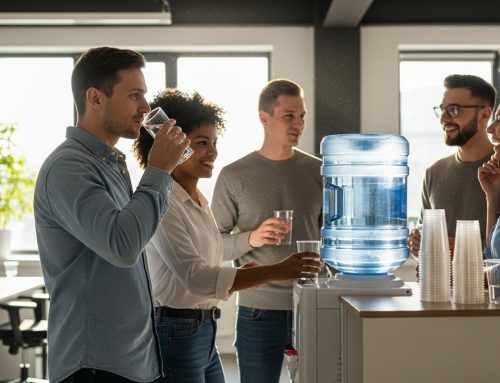 Most of us know by now that our body consists of around 70% water and that we need to drink water regularly in order to maintain that balance, but how much do you know about dehydration in cats?
Most of us know by now that our body consists of around 70% water and that we need to drink water regularly in order to maintain that balance, but how much do you know about dehydration in cats?
When we do not drink water as often as we should, we become dehydrated, which can affect our performance and our overall health quite adversely. Dehydration can cause headaches, problems in urination, muscular cramping, kidney problems, heart problems, and much more.
Dehydration in Cats
Dehydration is not just a lack of water, but an imbalance of electrolytes (minerals) in the body. Just as in humans, dehydration in cats can cause serious health complications. Just like humans, cats, depend on sufficient daily fluid intake to maintain good health and to replace fluids routinely lost via urination, faeces and sweating.
Whereas the human body contains around 70% water, a cat’s body is made up of 80% water. Maintaining this fluid balance important as it is vital for all biological processes, including digestion, circulation, and waste removal.
Reasons for Dehydration in Cats
Dehydration in cats can occur due to increased fluid loss or reduced water intake. A bout of vomiting or diarrhoea, increased activity or overheating in warm weather can all contribute to fluid loss and dehydration in a cat.
Just because you may seldom actually see your cat drinking water, do not assume that it does not. A cat may only drink once it has lost about 8% of its body’s water stores, so it is important to ensure that there is fresh water put out for it at all times.
How Much Water Does A Cat Need?
An adult cat should drink about as much water as the calories it eats daily. Dry cat food contains between 7% and 12% water while tinned food can contain up to 80% water. This means that cats that eat only dry food do not get as much water from their food and should drink more water than those who eat tinned food.
General Symptoms of Dehydration in Cats
- Decreased skin elasticity
- Depression
- Dry mouth
- Elevated heart rate
- Lethargy
- Loss of appetite
- Panting
- Sunken eyes
What to Do If your Cat is Dehydrated
If you suspect that your cat may be dehydrated, take it to the vet immediately. Dehydration can be detected by gently lifting the skin between the shoulder blades or on the back of a cat’s neck; the skin should immediately return to normal. It is not that easy to detect dehydration however; only a vet can provide correct diagnosis and treatment.
Ensuring that there is always plenty of drinking water for your animals is the only way to ensure that dehydration in carts does not occur.
Rent water coolers and buy water dispensers from Living-Water in London. Get a free water cooler trial and site water needs assessment.





